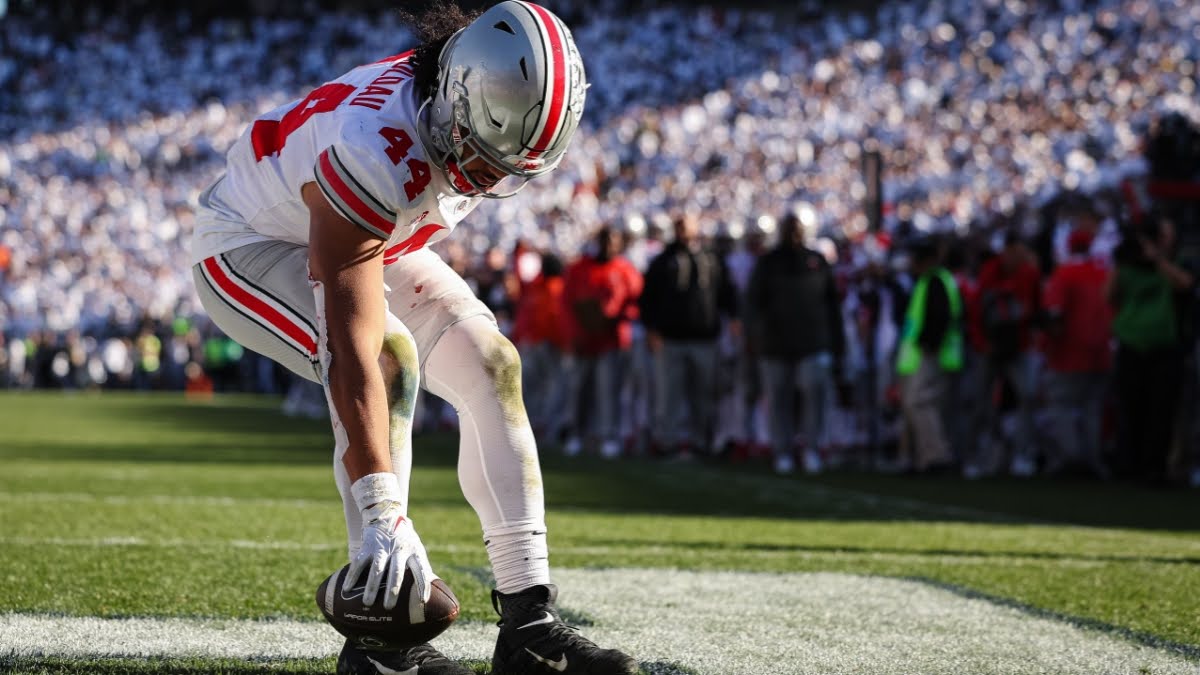
Donald Trump campaign promise, made alongside JD Vance, has created a wave of concern among immigrant communities, especially Indian-Americans. The promise to curb naturalized citizenship has intensified anxiety about the future, particularly regarding the status of children born in the U.S. to immigrant parents. This proposed policy is poised to bring substantial changes to the long-standing approach to immigration and citizenship.
The Proposal to Restrict Naturalized Citizenship
In a surprising move, Donald Trump and JD Vance declared their intent to limit naturalized citizenship as a “Day 1” priority. Under current U.S. law, children born on American soil are automatically considered U.S. citizens, a right commonly referred to as birthright citizenship. However, this promise to limit naturalized citizenship suggests a potential shift in these policies. As it stands, naturalized citizenship allows individuals born in the U.S. to immigrant parents to attain citizenship automatically, but Trump’s proposed change could add new layers of restriction, possibly requiring more stringent proof of citizenship eligibility.
Implications for Indian-American Families
Indian-Americans, who form a significant portion of the U.S. immigrant population, are deeply concerned about the potential impact of these restrictions on their children’s futures. The Indian-American community includes both naturalized citizens and those on work-based visas, many of whom have chosen the U.S. as their long-term home. For these families, uncertainty over their children’s citizenship rights raises questions about stability, identity, and security.
Potential Impact on Future Generations
Restricting naturalized citizenship would create obstacles for children of immigrants, affecting their access to various rights and services associated with U.S. citizenship. Education, employment, voting rights, and travel freedoms are integral benefits for U.S. citizens, and changes to citizenship laws would impact how immigrant families plan for the future. For Indian-Americans in particular, who often prioritize education and professional opportunities for their children, such a policy could have widespread repercussions.
JD Vance’s Role in the Immigration Debate
JD Vance, Trump’s close political ally and potential deputy, has supported this proposal with an emphasis on securing borders and re-evaluating immigration policies. Vance argues that tighter restrictions on citizenship could protect U.S. resources and jobs for native-born citizens. Donald Trump’s campaign promise aligns with Trump’s broader campaign focus on prioritizing American interests over immigrant rights, reinforcing the administration’s commitment to reshaping immigration policy.
Why the Campaign Promise is Concerning for Indian-Americans
Many Indian-Americans have voiced concerns over this proposal, noting that the policy shift could disrupt the foundational principles of equality and opportunity that attract immigrants to the United States. Indian-American advocacy groups have argued that such a move would not only destabilize immigrant communities but also diminish America’s global appeal as a land of freedom and opportunity. This sentiment resonates with many who feel the proposed restrictions could undermine the sense of belonging for immigrants and their U.S.-born children.
Reactions from the Indian-American Community
Donald Trump’s campaign promise advocacy groups and Indian-American organizations have spoken out against the proposed limitations on naturalized citizenship. They stress that this policy could exacerbate the challenges that immigrants already face in navigating the complex U.S. immigration system. Furthermore, by altering citizenship rules, the administration could risk creating a sense of alienation among immigrant communities, making it more difficult for families to establish roots and contribute fully to American society.
Legal and Political Challenges Ahead
Implementing restrictions on naturalized citizenship would likely require significant legal action and policy restructuring, as birthright citizenship is protected under the Fourteenth Amendment of the U.S. Constitution. Any attempt to change this would involve a challenging legal process, facing opposition from civil rights groups, immigration advocates, and potentially the U.S. Supreme Court. Political analysts predict that such a move could deepen polarization on immigration issues within the U.S. political landscape.
Conclusion
Donald Trump’s campaign promise to curb naturalized citizenship has raised alarms across immigrant communities, particularly Indian-Americans who are concerned about their children’s future. The potential impact of this policy on naturalized citizenship could significantly alter the lives of immigrant families, affecting everything from education and employment opportunities to fundamental rights within the U.S. As the Trump-Vance administration continues to prioritize this issue, immigrant communities and advocates remain vigilant, hopeful for a more inclusive approach to citizenship and immigration in the United States.








